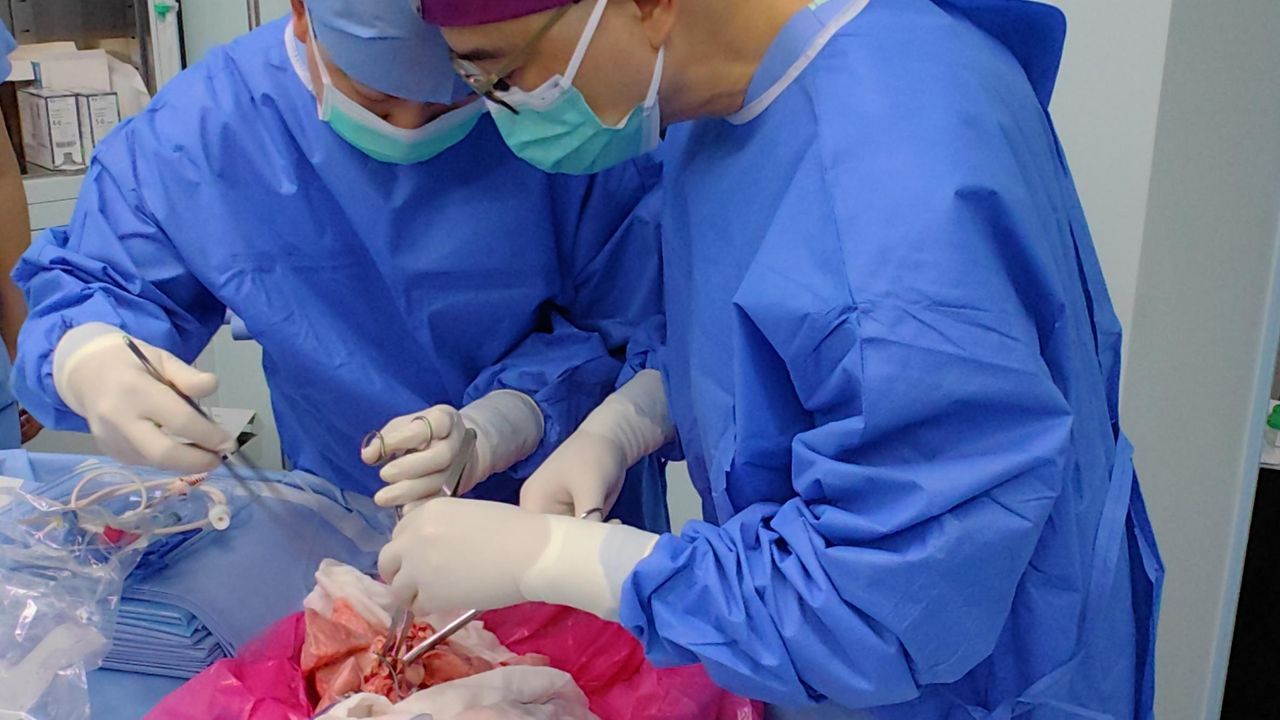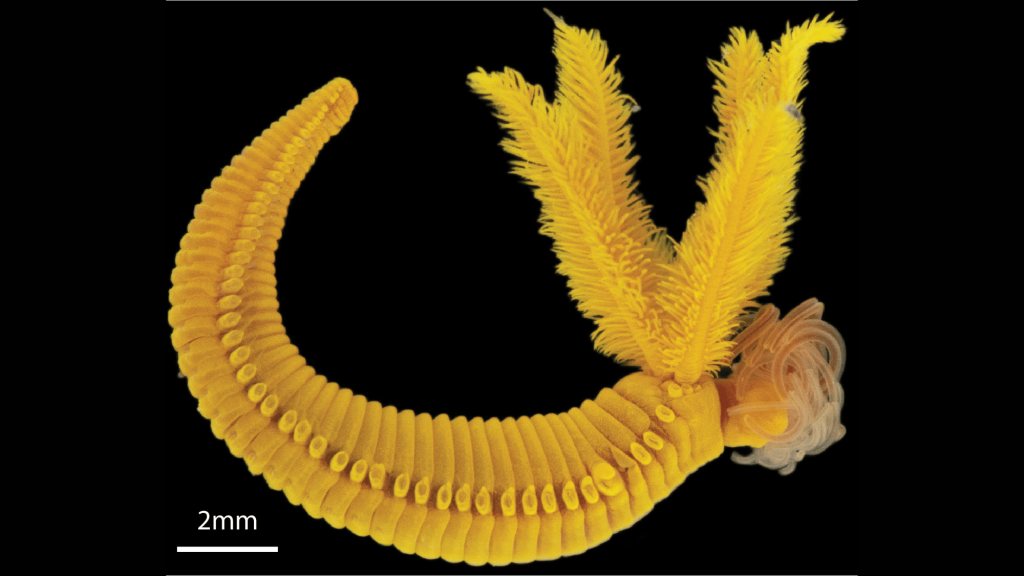Now Reading: China Conducts First Pig-to-Human Lung Transplant on Brain-Dead Patient
-
01
China Conducts First Pig-to-Human Lung Transplant on Brain-Dead Patient
China Conducts First Pig-to-Human Lung Transplant on Brain-Dead Patient

Quick Summary
- doctors at the First Affiliated Hospital of Guangzhou Medical University, China, successfully performed the first pig-to-human lung transplant on a brain-dead patient.
- This experimental procedure, known as lung xenotransplantation, used a genetically modified pig lung adn aimed to study human immune system reactions rather than clinical request.
- The 39-year-old male patient was confirmed brain-dead through four tests, and his family provided informed consent for the experiment.
- The transplanted lung maintained functionality for nine days but showed signs of rejection, including swelling and inflammation, within 24 hours. Antibodies against the organ were detected by Day 3.
- Researchers utilized CRISPR technology to modify three pig genes to reduce human immune response and introduced three human genes into the organ for improved compatibility. Immunosuppressive drugs were also administered pre-and post-surgery.
- Despite no signs of hyperacute rejection instantly after transplantation, long-term viability remains in question due to progressive damage observed over nine days. The procedure ended per family request.
- Experts acknowledged the logistical difficulties involving lungs due to their delicate tissue structure and exposure to air proteins that trigger immune defenses. Future efforts may focus on suppressing specific immune cells and inflammatory signaling pathways.
[Image credit: He et al., Nature Medicine]
!Pig-to-human lung transplant surgeons
Read More: First-ever pig-to-human lung transplant attempted in China
Indian Opinion Analysis
The groundbreaking experiment in China highlights important advancements in xenotransplantation technologies using genetically edited organs. While still far from clinical readiness for living patients-especially with complications like progressive rejection-it represents an opportunity for IndiaS healthcare sector to engage with cutting-edge research involving gene-editing tools like CRISPR.
Given India’s ample burden of chronic organ diseases requiring transplants annually amid a shortage of human donors, innovations such as xenotransplantation could be pivotal if proven safe longer-term. The methodology raises ethical concerns regarding genetic modification; however, India can benefit from observing global regulatory frameworks while contributing its own bioethical discourse.
Investments into similar studies or collaboration with international researchers could enhance India’s role as both consumer and innovator within this emerging field.Considerations around accessibility would be essential as initial adoption costs are likely significant-and affordability challenges persist across socio-economic classes in India’s healthcare ecosystem.
Proper scientific validation will remain crucial before translating findings into practical solutions for Indian patients awaiting life-saving transplants amidst high demand yet limited supply channels such ongoing severe donor gaps reported countrywide stretching timelines-exceedingly




























